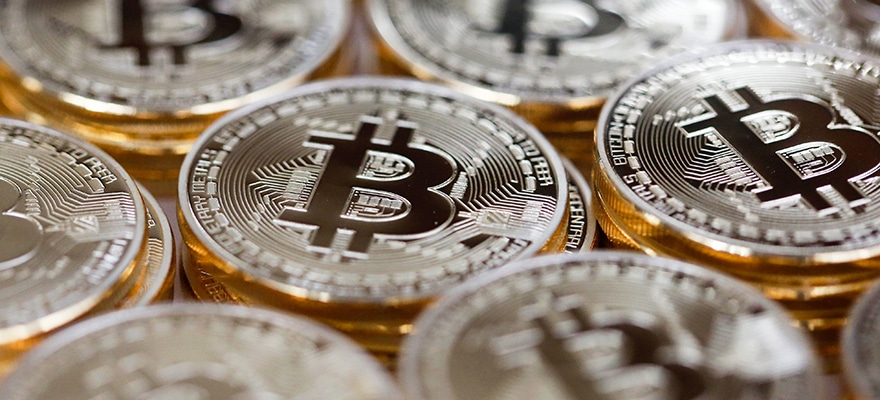Multi-currency mobile wallet app Mobi has announced that it now supports SegWit Bitcoin addresses, and “[encourages] all Mobi customers to switch their Bitcoin (BTC) addresses to SegWit addresses.” Mobi has also offered coupon incentives for users who switch to SegWit before June 30th.
Discover credible partners and premium clients at China’s leading finance event!
Mobi, which BTCC’s Bobby Lee called crypto’s “killer app” in March of 2017, has branded itself as “a highly secure and versatile digital currency wallet that brings next-generation UX to crypto users worldwide.” The app allows users to send and receive Bitcoin, Bitcoin Cash, Litecoin, and Ethereum using only their phone numbers; users can also use Mobi to convert crypto into more than 150 fiat currencies.
SegWit is the controversial and long-anticipated software upgrade for the Bitcoin network that was designed to improve scalability, reduce transaction fees, and increase transaction speed.
SegWit Already Adopted by Coinbase, Bitfinex
The app is the latest in a series of high-profile crypto exchanges and applications to support the integration of SegWit. Coinbase and Bitfinex announced that they would be integrating SegWit in December of 2017 and February of 2018, respectively.
Our engineering team has finished testing of SegWit for Bitcoin on Coinbase.
We will be starting a phased launch to customers over the next few days and are targeting a 100% launch to all customers by mid next week. — Coinbase (@coinbase) February 20, 2018
Upon the announcement of the integration, Bitfinex CEO Paolo Ardoino said: “SegWit provides not only an immediate benefit for users, but also a foundation for future Bitcoin development...We are delighted that through this implementation we can provide our customers with bitcoin withdrawal fees that are up to 20 percent lower, as well as faster-than-ever transaction speeds.”
However, Coinbase was later criticized for “faulty” SegWit implementation. Crypto Insider reported that customers claimed that their funds were lost due to them being sent to “random legacy addresses” instead of the appropriate SegWit addresses. The bug has since been repaired.


















